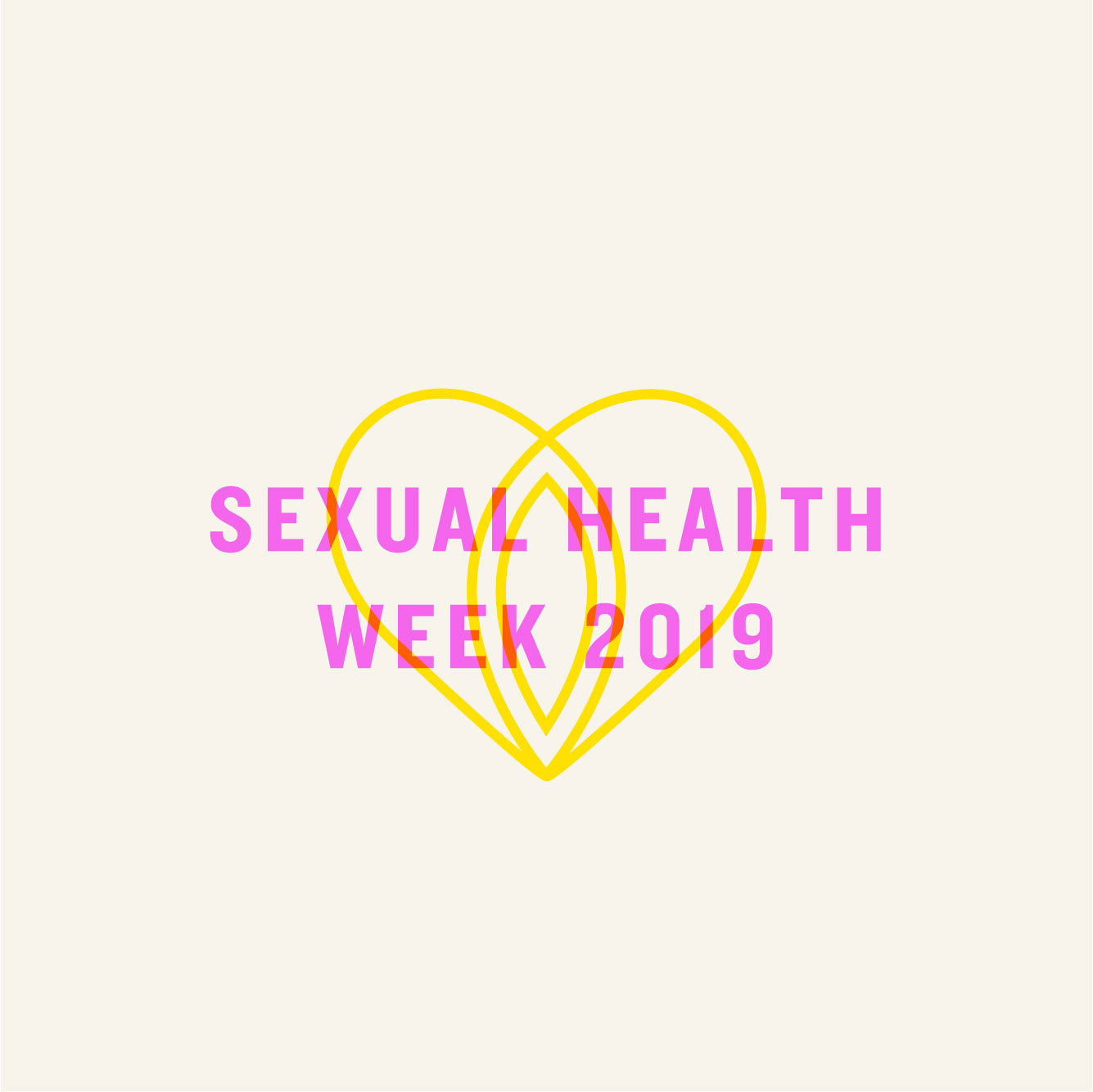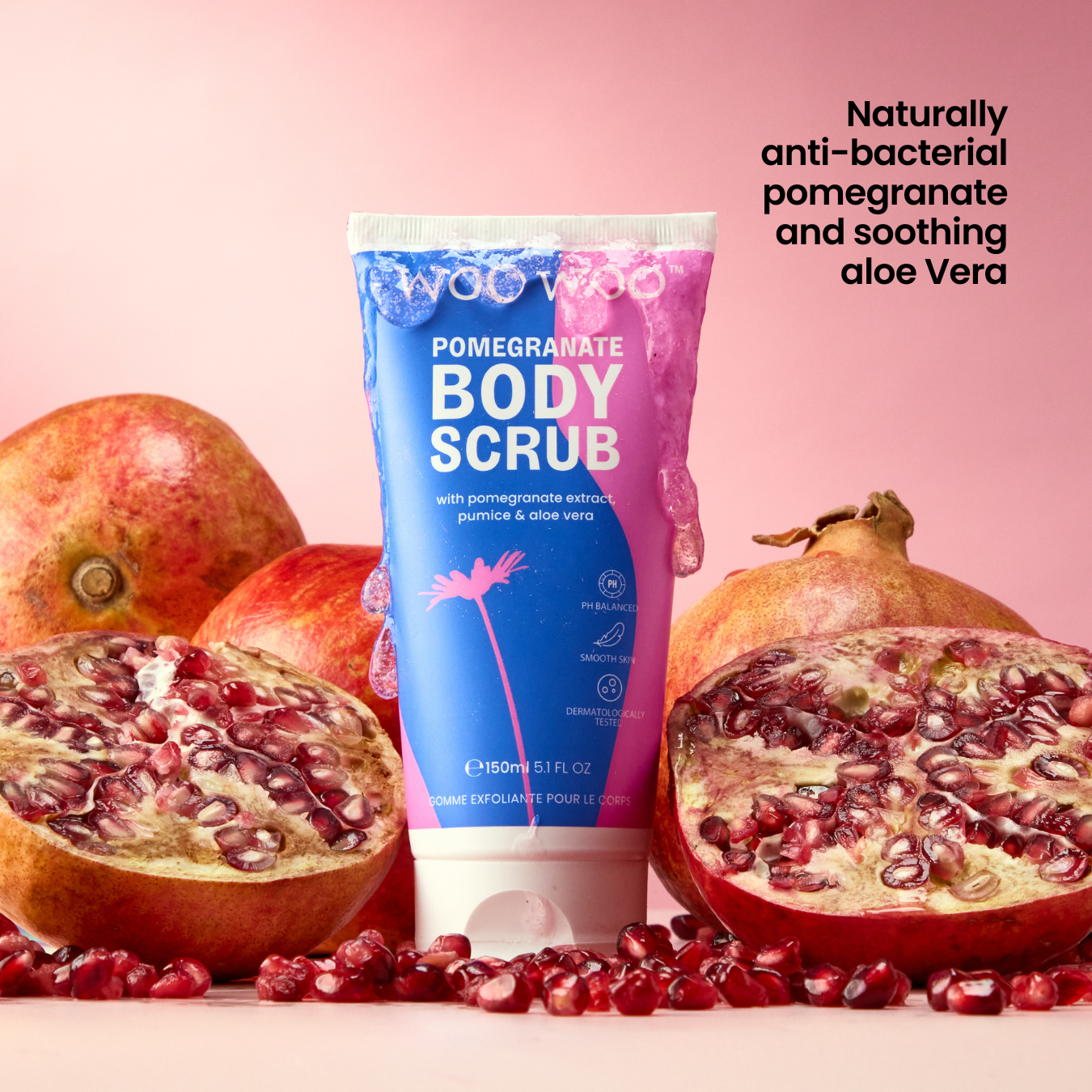If you didn’t already know, this week is sexual health week! The theme this year is sex, relationships and disability. Disability and sexuality isn’t often talked about and this week we are working to put to bed old fashioned views and stereotypes about people with disabilities and their needs, desires and relationships with sex. We’ll be posting tips, tricks and useful articles as per but with more of a focus on inclusive sexual health because often sex ed, sexual health services and general information is targeted at ‘the norm’. We say it time and time again but at WooWoo we feel strongly that everyone is entitled to pleasure. Sexual desire is experienced by people of all abilities and while everyone’s range of options may differ, sexual pleasure is always possible. Get yours!

Pleasure is universal
First things first – everyone experiences sex differently and there’s no such thing as normal. Some of us like to be stroked, some of us like to be choked and some of us can climax through ear play alone (namely the guy from The Untouchables). Having a disability doesn’t mean that you or your partner can’t hit a home run - communication and creativity is key to figure out what butters your biscuit! For people with disabilities that limit below waist sensation or the ability to self-pleasure, remember that erogenous orgasms are totally a thing (see our Ten Types of Orgasms blog) and that nipple or neck play could be what you need. It’s different strokes for different folks.


Manoeuvring the Mechanics
Sex is often a fumble (we’ve all head butted someone in the bedroom at least once, admit it). People with physical disabilities can have even more manoeuvres to consider when it comes to the mechanics of getting busy. But what do you think they wrote the Kama Sutra for? Updated and inclusive versions of the Kama Sutra exist with enjoyable sex positions for wheelchair users, muscular dystrophy sufferers, amputees... you name it. As per usual, being with someone you trust enough to say ‘slower please’, ‘I can’t hold that position’ or ‘that’s not my clitoris’ is key and will help your partner understand how to pleasure you.

Safe Sex Applies to Everyone
The best sex one can have is safe sex. Regardless of your age, sex, gender or ability always practise safe sex. By safe sex we’re talking contraception. We’re talking condoms. We’re talking the coil. We’re not talking pulling out. Contraception is a bit like dating, you might need to shop around for the most compatible option and depending on who you are it will differ. If you have limited mobility or are on certain medication the hormone pill may not work for you. If you suffer from a disability that limits your hand movement you may struggle with condoms. Disabilities or not, speak to your doctor about what contraception works best for you and remember that the only contraception that can protect you from STIs is condoms! Play safe out there and if you’re in the market for condoms remember we sell them by the dozen on our online store.

Disability and Sexual Self Image
Self esteem and the way you feel about your body plays a major role in your sexuality and ability to enjoy yourself while you’re getting it on. The sexuality of people with disabilities has often been suppressed and exploited and one factor contributing massively to this is society’s attitudes as to what ‘sexy’ is. Thank god it’s 2019 and we are seeing more body hair, curves and skin conditions making the main stream, however images of disability and sexuality are still lacking. A huge part of self identity and enjoying sexuality comes from seeing yourself represented on the big screen. If you’re looking for films that celebrate and normalise sexuality inclusivity try The Sessions, Rust & Bone, The Fault in Our Stars or The Intouchables. Complete with sex scenes to make you laugh, turn you on and make you cry.

Sex and Invisible Disabilities
Disability can be many things from impairments to injuries to diseases and dysfunctions. Certain disabilities aren’t always visibly obvious (think autism, multiple sclerosis, deafness and PTSD to name but a few) but this doesn’t mean they shouldn’t be taken into consideration when getting jiggy. While people with ‘invisible’ disabilities may not face physical obstacles when it comes to sex, things like arousal, boundaries and performance may require some accommodation. Be aware of how someone’s disability can impact doing the dance and forget the common "you should treat disabled people like china dolls" misconception. Have a real discussion about limits, pleasure, capabilities and fantasies. As with all sexpeditions remember to be respectful, kind, and up for learning and helping your partner.

Normalising Sexuality and Disability
Sex is a basic human instinct no matter what physicality you have. It is a right for those who desire it not a luxury for non-disabled people. Remember that dating or having sex with someone with a disability is not open minded or inspirational, it’s normal. Let’s rid ourselves of the assumptions that all bodies are alike, that sex equals penetration and that non-disabled people don’t date disabled people. Let us all be free to explore our sexuality with imagination and without shame.





